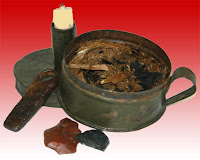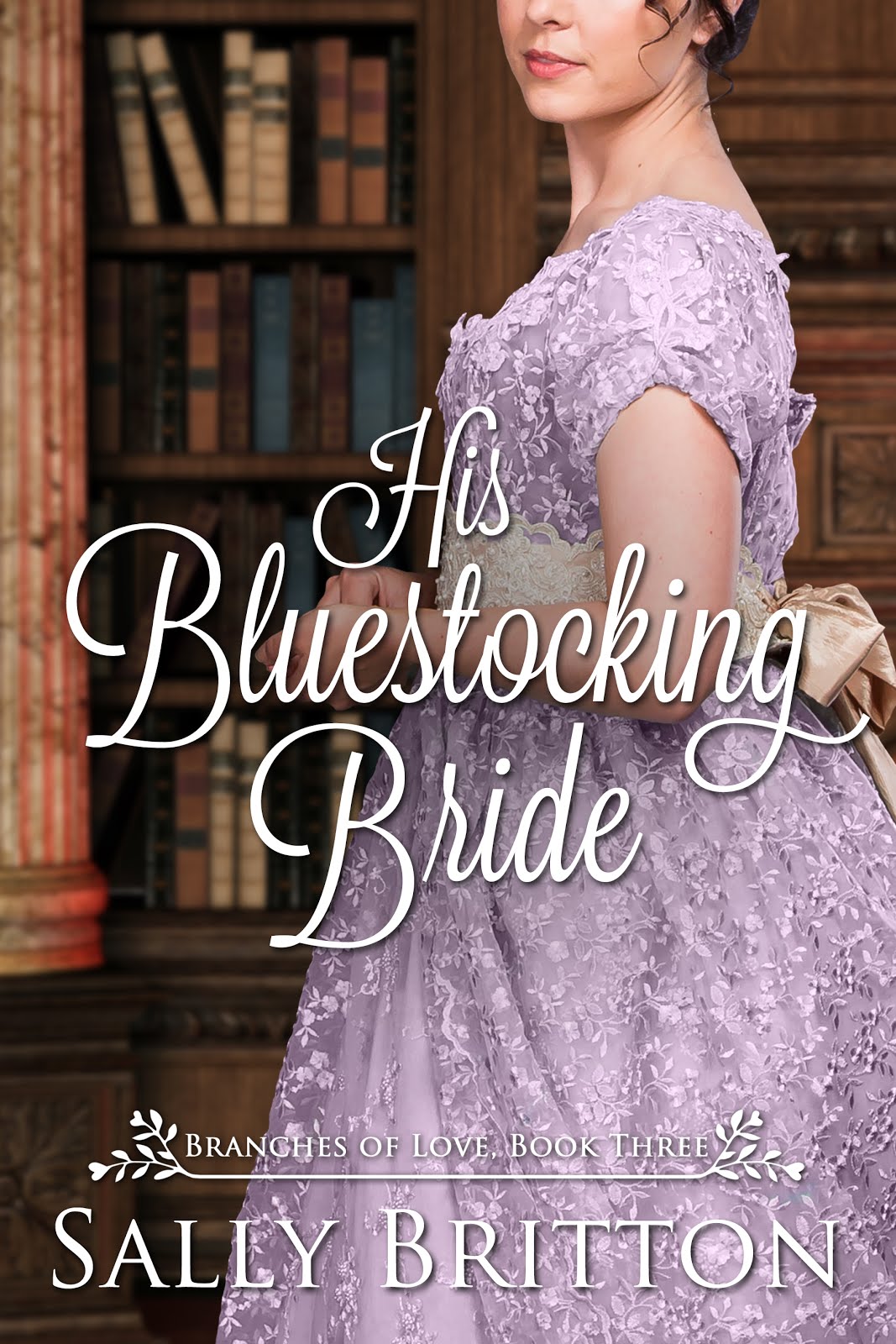

Historical Hussies: So, tell us a little about yourself. When did you start to write and how long did it take you get published?
One of these days, I'll come up with a good answer for this. It's a bit complex. I wrote my first novel when I was knee high to a gnome, but I didn't do anything with it. I loved writing and played around a lot, but I went to college, worked, went to some more college, worked, moved a gazillion times, got addicted to research... But the stories were always there. I sold three novels to small presses and they got good reviews, but then I got my MA in writing, got an agent, and finally sold to a traditional publisher. Altogether, 19 years passed between when I wrote my first novel and when I sold my first novel to a traditional publisher, but in actual writing years, I'd say probably I wrote for six years if I put all the fits and starts together.
H.H: How did you break into publishing?
I broke into publishing the first time, the small press route, by happenstance. A friend told me about a publisher looking for novels with characters with disabilities. My first novel, which had been sitting around for years, fit the bill, so I dusted it off and sent it in. They contracted it. RT gave it a **** review, but I made about $200.00 on it and it didn't seem worth the time or effort. I did sell two more to small presses, then gave up. The next time, which was five years later, I got the nastiest rejection I'd ever heard of anyone getting and was going to give up altogether. I had a good corporate job and had little time to write. But my agent encouraged me to try one more project. That sold to Avalon and ended up winning the National readers Choice Award for Best Regency. It took me two years to sell a second one, but now I've sold seven books in five months—four to Avalon and three more to Barbour Books, who bought my second one.
H.H: What inspired you to write romance?
You know, I love other genres and read most of them, esp. mysteries. But nothing makes my soul sing like romance. I believe in everlasting love and think that we're meant to be in pairs. Look at Noah's Ark. Pairs. O everything. I played matchmaker with friends in school and was pretty successful. What better way to play matchmaker but in books, where I can guarantee the outcome?
H.H: What genre or sub-genre do you write? Why did you choose this genre?
I write sweet historicals and inspirational historicals. So far, all my contracted books are in the 19th century in America or England. Why these subgenres? I love a message of hope and belongingness; forgiveness and acceptance getting across to people without preaching. The inspirationals lend to these messages more strongly than secular books, but I prefer to write the sweet because I'm just more comfortable writing sweet and they don't' conflict with my Christian message in the inspirationals.
H.H: What difficulties does writing this genre present?
Lots of don'ts in both the sweet and the inspirationals. I have to be extra careful that I offend no one, so feel a little constrained at times. At the same time, I love the challenge of getting the reader to feel the pull between the hero and heroine, that tension of attraction, without being overt in what I say.
H.H: Tell us about your other works, books, stories, etc.
I have these three books coming out with Barbour, which will be books 2-4 for them. The first one, Better than Gold, is a mystery romance set in Iowa in the 18770s. People are hunting for lost gold said to be hidden in this small town. It's re-released in a compilation with two other books under the title Wild Prairie Roses.
My next book with Avalon is scheduled for a June 2010 release, where my heroine is a doctor and the hero was a doctor blinded in an accidental shooting and how both live through tragedy and rebuild their lives and careers. The Avalon series is all about career women in the 1890s—doctor, lawyer, merchant (ship captain) chef.
H.H: What are you working on now?
I am working on the second book in the New Jersey Historical Series for Heartsong Presents by Barbour books. The first one was set in 1809 and centered around the glass industry in NJ and will be out around Christmas. This one is in the north and takes place in 1858. The third in the series will take place in Cape May in the 1890s. But before I write the third one, I have to write the second book for my new Avalon series. This is about a female lawyer in the 1890s.
H.H: That sounds very unusual. How do you write? Are you a pantser or a plotter? Is it your characters or your plot that influences you the most?
I am a plotter. Once I learned to plot ahead of time, I started not only finish manuscripts, but selling them. My stories have definite plot, even a little suspense, but they are definitely focused on the characters.
H.H: I love those character-driven stories! How do you choose your characters' names?
I use all sorts of resources. One thing I try to do is use surnames from the state or county in which the story takes place. Then I check popular names at the time of the story for the right names. Then I go to meanings of the names. It's quite a process and takes me a while to decide.
H.H: Do you write with music playing? If so, is the music likely to be songs with lyrics or only instrumentals?
Classical music. I have satellite radio so the classical station is on all day. Lyrics totally distract me
H.H: What has surprised you about being a published author?
How it kind of freaks people out. I live near Washington, DC, where it's what do you do, not who are you in greeting. When I say author, people kind of get quiet. You can hear their brains clicking—in what box do we put a writer? It's kind of amusing. I didn't know it would be a conversation-stopper as much as it's a conversation starter.
H.H: What do you like to do when you aren't writing?
Watch old movies, especially Bogart and either of the Hepburns. I'm also into Foyle's War right now. I like music of all kinds, especially live, and theater. Hiking is great, but I don't get enough of it in these days.
H.H: What one thing do you like most about writing? Least?
I like the independence, having a job I can do whenever I like. I don't like the insecurity of it, the wondering when or if the next contract will come.
H.H: What was the most unusual way you came up with a story idea? What made you to think, ‘hey, I could make that into a story?’
Probably the inspiration for my next Avalon book, but if I tell, it gives away the crucial surprise in the story. So maybe the Iowa historical series I wrote with two other authors. The little bit about lost Civil War gold no one ever found. Well, what if a lot of people seek it and someone actually finds it?
H.H: If you could spend an hour talking to anyone from any time in history, who would it be? And Why?
This is hard to answer. Right now, I'm thinking maybe John Fielding of Bow Street. Why? Because he was blinded, yet still did his job and did it amazingly well, at a time when blind people were generally hidden away or left to beg and definitely not given meaningful work to do.
H.H: I love the Bow Street Story! How do you do research for your books? What’s the most interesting bit of research you’ve come across?
I research in libraries and on site and on-line. I've had several graduate hours in how to research, so am pretty good at it, forming a search-string and all that. I love original documents when I can find them, so Google Books is a blessing for the public domain stuff. Same with Gutenberg. I've also gotten some great books from InterLibrary Loan, and never forget Microfilm. Lots of old stuff on Microfilm, fiche, and now on CD.
Most interesting? Probably all the work I did on midwives when working on my master's in history. They were interesting women in Early Modern Europe and North America, much more influential than other women generally were. I can go on for hours about midwives.
H.H: What advice would you give aspiring writers today?
Write. Finish. Rewrite. Finish. Submit. Write more. If the fire, the call, is inside you, you won't give up until you reach your goal.
H.H: Thank you for the Interview.
Thank you for having me here today. Please come visit my blog, where I am posting a free read at fairly regular intervals. This is a story I wrote, but which I never intend to sell, so am giving it away to my readers for fun and enjoyment.
 How does one light a candle in Regency England?
How does one light a candle in Regency England?










